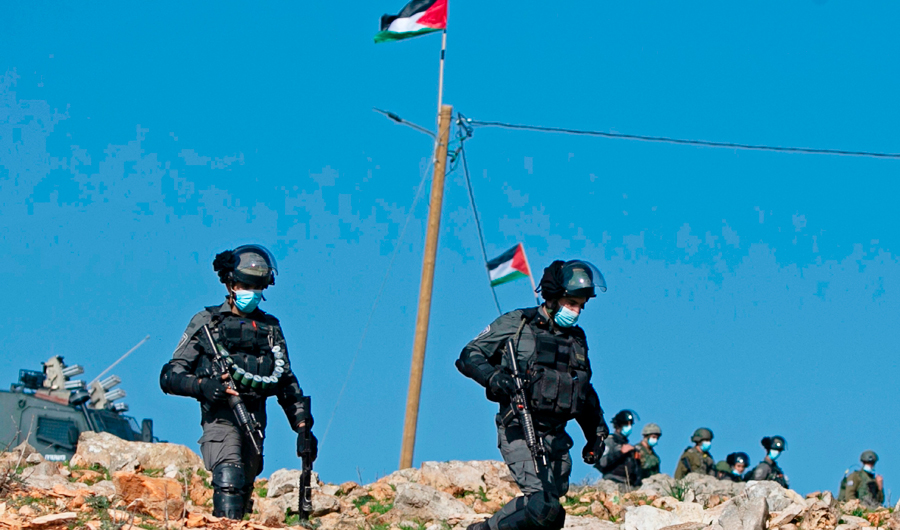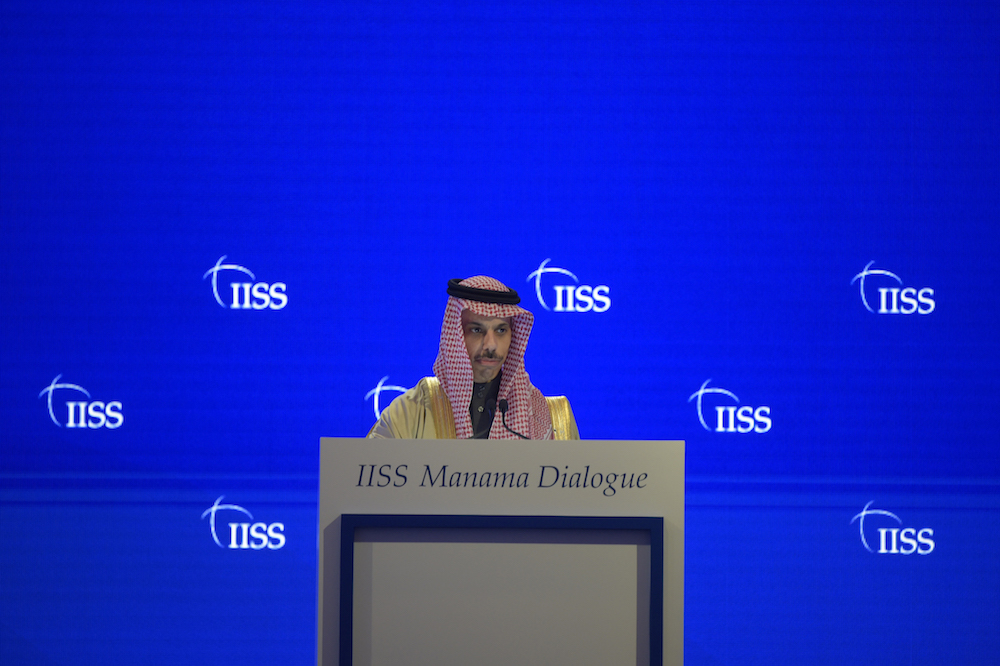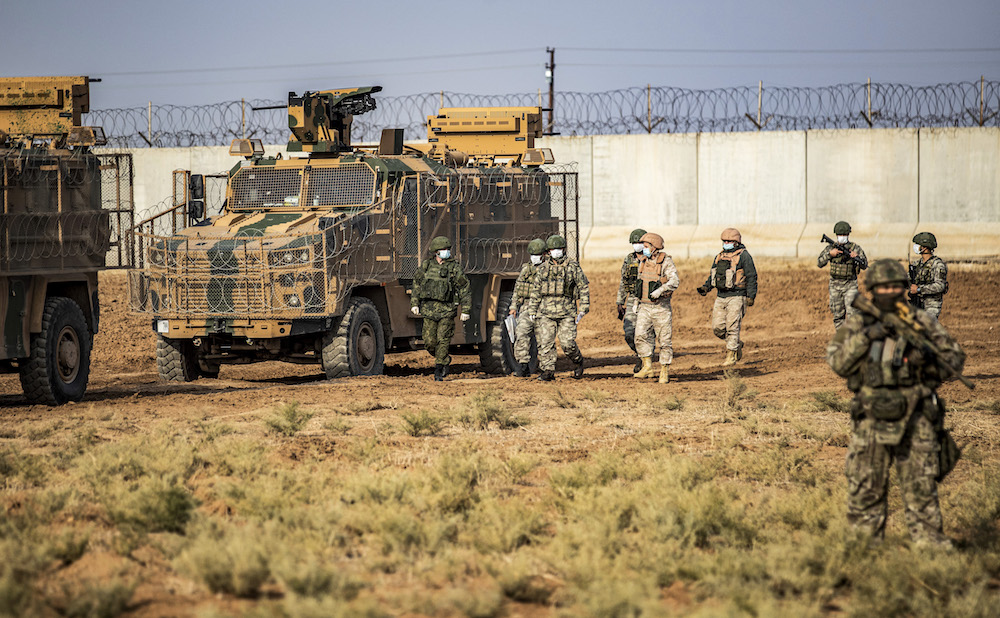The empire that Kuwaiti retail pioneer Abdulaziz Mohammed Al-Shaya built
LONDON: Abdulaziz Mohammed Al-Shaya, widely regarded as a titan of Kuwait’s economic and commercial renaissance, has died at the age of 94, local media reported on Saturday. He leaves behind a legacy that underpins the emirate’s reputation as the Gulf’s retail industry pioneer.
Many of those paying tributes to Al-Shaya have described him as a trailblazer on the basis of the notable successes he notched up early in his career. He is credited with founding the National Bank of Kuwait, the Avenues Mall Complex and the Oberoi Madina in Saudi Arabia, as well as co-founding the Kuwaiti Red Crescent Society.
One of the early feathers in his cap was his role in opening Kuwait’s Sheraton Hotel in 1966 — the firm’s first managed hotel outside the US. Since then, his company, which his grandfather founded in the 1890s, has built an extensive portfolio of stores, cafes, restaurants and leisure destinations, real estate, trading and investments and car dealerships for Mazda and Peugeot.
Opening its first international franchise business in 1983, the group today manages more than 70 brands across 2,800 stores in the Middle East, North Africa, Russia, Turkey and Europe, employing 60,000 people, of which 45,000 are in the Middle East.
As a result of his legendary business acumen, the Alshaya Group has become one of the top brand franchise operators in the world, as well as one of the region’s biggest retail conglomerates, counting The Body Shop, Starbucks, H&M, Mothercare, Debenhams, Victoria’s Secret, P.F. Chang’s, The Cheesecake Factory, KidZania, Le Pain Quotidien, Shake Shack, American Eagle Outfitters, Pottery Barn and Boots among its roster of well-known brands.

In 2017, the firm acquired a stake in the Emirati e-commerce platform Noon to retail its wide selection of fashion, health, beauty, home and lifestyle brands in the digital marketplace.
Al-Shaya’s philanthropic instincts were reflected in the way the firm uses its profits to support charitable causes. In July this year, it donated more than 115,000 new clothing items worth around $2 million to families supported by the Kuwaiti Red Crescent Society, and in August teamed up with the Starbucks Foundation to donate $200,000 to the Lebanon disaster relief effort.
Through its membership of the World Economic Forum’s Regional Action Group for the Middle East and North Africa (RAG MENA), the Alshaya Group joined governments, businesses and civil society leaders in September to endorse the Principles of Stakeholder Capitalism for the Middle East and North Africa, which are designed to inform an inclusive, sustainable and resilient recovery for the region from the COVID-19 pandemic.
Al-Shaya, or Abu Hamad as he was affectionately known, spent some of his formative years in India, where he was sent by his father in 1939 at the age of 12 to learn English. A year later he enrolled for a two-year secondary education at Saint Joseph School in Bombay (now Mumbai).
He would return to India again as a fresh-faced young businessman to seek opportunities in Bombay, where he would remain until 1952 following India’s independence and at the onset of Kuwait’s oil boom. Fond memories of that time were a driver of the warm economic relations he helped forge between India and Kuwait years later.
GlobaL Brands held by Alshaya Group
- The Body Shop
- Starbucks
- H&M
- Mothercare
- Debenhams
- Victoria’s Secret
- P.F. Chang’s
- The Cheesecake Factory
- KidZania
- Le Pain Quotidien
- Shake Shack
- American Eagle Outfitters
- Pottery Barn
- Boots
The depth of those ties was summed up by Sibi George, the Indian ambassador to Kuwait, in a tweet. “My sincere and heartfelt condolences on the sad demise of Mr. Abdulaziz Mohammed Hamoud Al-Shaya, chairman of Alshaya Group. Our thoughts are with his family and friends. We pray for the departed soul; may his soul rest in eternal peace,” he wrote.
Al-Shaya returned to Kuwait as the Kingdom was in the throes of a sweeping modernization, underwritten by the world’s sixth largest oil reserves. Today, the Kuwaiti dinar is the highest valued currency in the world.
Kuwaitis used their new-found oil wealth to splurge on high-street and boutique shopping brands imported from the West and around the world, making the emirate one of the top destinations for retail and entertainment in the region. Nowadays, glittering malls, supercar dealerships and trendy night spots bustle with affluent locals and expatriates.
The onset of the COVID-19 pandemic, however, confronted the group with a painful reality check. In a statement to employees in April, the acting chief executive of Alshaya’s retail arm, John Hadden, said the firm had seen revenue plummet by 95 percent, as the pandemic closed nearly all of its stores.

“Together with the rest of the world we all face a common crisis,” Hadden said at the time. “In just a few weeks everything we know has changed, the spread of COVID-19 has disrupted countries and communities around the globe, the impact on the global economy has been catastrophic.”
Although lockdown measures have since been relaxed to help ease the pressure on businesses and employees, it has come too late for some brands.
Famous department stores imported from Europe, which were already struggling in the age of online shopping and cheap competition, suffered when their sales collapsed as lockdown measures forced customers to remain indoors.
For Alshaya Group franchises from the UK, such as fashion conglomerate Arcadia and department store giant Debenhams, the pandemic was the last straw.
Debenhams, which was established in 1773, announced earlier this month it was to start liquidating proceedings, putting at risk another 12,000 retail jobs in the UK. The firm operates 124 stores in Britain and is currently seeking a buyer for the 242-year-old brand as part of the formal liquidation process.
 “Debenhams were already on very shaky ground prior to the coronavirus outbreak, and 2020 is unfortunately looking like its break year,” Nigel Frith, a senior market analyst, told Fashion United. “COVID-19 has brought all the retailer’s problems to head a little earlier than expected.”
“Debenhams were already on very shaky ground prior to the coronavirus outbreak, and 2020 is unfortunately looking like its break year,” Nigel Frith, a senior market analyst, told Fashion United. “COVID-19 has brought all the retailer’s problems to head a little earlier than expected.”
The firm had only recently bounced back from going into administration in early 2019. In September of that year it appeared to be expanding, opening two new stores in partnership with Alshaya in the Middle East. It opened its first outlets in Oman and capped off 29 stores in the UAE.
Arcadia, which owns popular British high street brands such as Topshop, Topman, Dorothy Perkins, Wallis, Miss Selfridge, Evans, Burton and Outfit, and which employs 13,000 people, has also said it is to go into administration, throwing the future of its Middle East stores into question.
Alshaya Group insisted earlier this month that its Debenhams and Arcadia stores in the Middle East will continue to operate as normal, despite the financial challenges announced by the British retailers.
The builder’s legacy, though, is secure. Al-Shaya has bequeathed a retail empire like no other in the Middle East. Economic turmoil may be accelerating the move to online shopping and forcing customers to tighten their belts across the region for now. But once the coronavirus pandemic storm passes, behemoths such as Alshaya will likely get another opportunity to reinvent themselves and thrive in a new age of retail commerce.
___________________________
• Twitter: @RobertPEdwards




Pandemic teaches Kuwait’s fitness industry a healthy business lessonA Kuwaiti NGO fights food waste while feeding needy households








